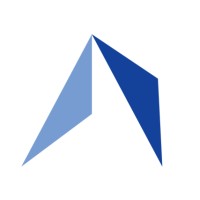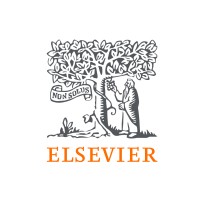
AI-NOMIS
Empower Your Business with AI Let AI-NOMIS Be Your Guide! Welcome to AI-NOMIS, AI-NOMIS strives to brighten the future through advancements in AI technology, aiming to create an environment where every individual and company can realize the potential of AI. This embodies the democratization of AI development. We aim to establish a user-friendly AI development environment that surpasses the limitations of traditional hard-coding techniques, offering the opportunity to bring creative ideas to life through no-code AI solutions. Our vision is to democratize AI technology, bridging the gap for individuals and organizations, regardless of size or domain. We envision a world where AI, intuitive and accessible, serves as a catalyst for innovation in every corner of society. <About Us> Our vision is to democratize AI technology, bridging the gap for individuals and organizations, regardless of size or domain. We envision a world where AI, intuitive and accessible, serves as a catalyst for innovation in every corner of society. Our commitment lies in crafting AI solutions that are not just at the forefront of technology but are also inherently user-friendly, making the promise of AI a reality for all. <What We Offer> Customized AI Training: Based on the provided data, we fine-tune the LLM, TTS, STF, and STT models to create tailored AI models. Corporate GPT Development: Developing corporate GPTs based on domain-specific GPTs, such as beauty and law, ensuring a secure environment without the risk of information leakage. User-specific AI Development: Customizing AI solutions to cater to specific user needs and preferences. Unbeatable Deals: Thanks to our NOCODING AI technology, we develop AI much Faster and Affordable! we ensure your AI solution will be tailored to your specific needs and crafted in the most cost-effective manner. Also we offer you 1 year of Free Server. 🔗 Contact us to Empower your startup with AI: AI-NOMIS






